BalanCed
CREATIVE CENTRE
Programme for adults
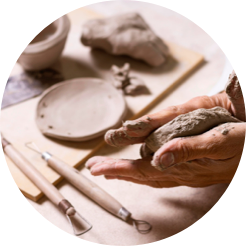
MINI SCHOOL OF CLAY
The programme includes hand building techniques. Participants learn about various techniques of hand building, such as pinching, slab building, coiling, decorating with oxides, slipware and underglazes, glazing techniques, and different firing methods. The school also includes a project by your own choice. Participants acquire all the basic knowledge to work independently with clay.
No prior knowledge is required.

CLAY MODELLING WORKSHOP
One-off clay modelling workshops are designed to introduce and teach the different hand building techniques used when working with clay. Participants create based on a specific topic, and at the workshop, they make a plate, a coffee cup, jewellery and other useful and decorative products.
No prior knowledge is required.
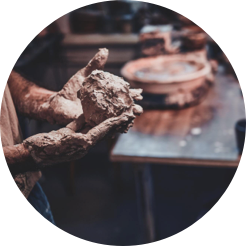
OPEN SPACE (DROP-IN)
The open space is intended for independent creation with clay. Clay, underglazes, glazes, tools and pottery wheels are available for visitors to use. Participants can fire their products at the centre. The centre is open three times a week, during which time a mentor is present to provide information and occasional support to visitors. Admission to the Open Centre requires prior basic knowledge of working with clay, which an individual can acquire in one of the courses, schools, or workshops.
At the entrance to the centre, there is a tea corner for participants of the programme to meet and exchange knowledge and experience.
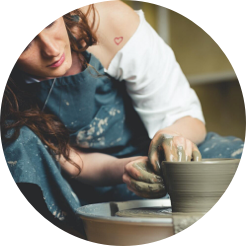
BEGINNER POTTERY COURSE
The course consists of eight sessions, three hours of teaching each. No prior knowledge is required. Participants are taught how to prepare the clay, how to centre it on the pottery wheel, and how to form basic shapes. Trimming leather-hard products, biscuit firing, and glazing.
The course takes place in a small group, which allows the mentor to adapt to the progress of each participant. During the meetings, it is recommended to practice in the drop-in open space.
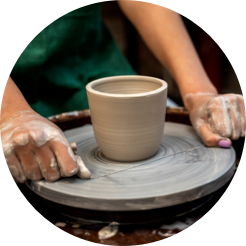
ADVANCED POTTERY COURSE
The course consists of eight sessions, three hours of teaching each. The course is suitable for participants with prior knowledge. We learn more demanding shapes, throw larger quantities of clay, and practice a lot because practice is the key to success. Successful products are fired and glazed.
During the meetings, it is recommended to practice in the drop-in open space.
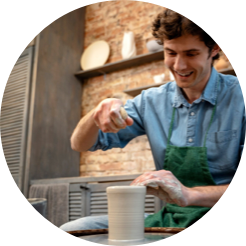
ANIMATION WITH ARTISTIC EXPRESSION (CLAY MEDIUM)
In addition to learning different clay modelling techniques, clay can be an excellent medium for relaxing, developing, and learning skills to cope with the challenges of everyday life and stimulating one’s own creativity and self-expression. The focus is on the creative process itself, where the animator encourages the participant to express themselves through art throughout various activities. The workshops include elements of the project’s innovative programme and are held at the creative centre and within the work organizations.
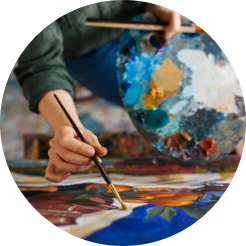
ANIMATION WITH ARTISTIC EXPRESSION (VARIOUS MEDIA)
The animations use a variety of artistic media such as drawing, theatre acting, photography and more. These different fields of art are excellent mediums for relaxing, developing, and learning skills to cope with the challenges of everyday life and stimulating one’s own creativity and self-expression.
The focus is on the creative process itself, where the animator encourages the participant through various activities to express themselves through art. The workshops include elements of the project’s innovative programme and are held at the creative centre and with employers.
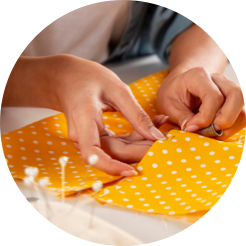
THEMATIC WORKSHOP "IZDELAJ SAM" (DO IT YOURSELF)
One-off workshops are intended to teach you how to sew with used materials, garment processing, and recycling paper. The workshop provides participants with basic skills in sewing, garment processing, and the use and processing of paper. They make and sew small items like bags, tablecloths, and paper mats for hot dishes.
We want to encourage participants to take an active approach and think about environmental care and self-sufficiency.
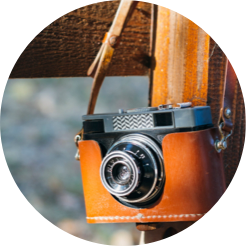
PHOTOGRAPHY WORKSHOP
The workshops are intended to give you basic knowledge in the field of photography. They include photography on topics related to the project itself. Topics such as: leisure, balance, my hobby, and other content.
Within each topic, participants learn the basics of photography and composition and find out about different types of photography. Participants can set up a photo exhibition at the Creative Centre in collaboration with the workshop tutor.
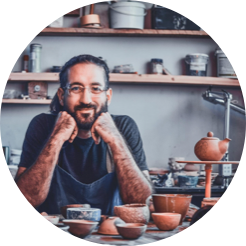
WORKSHOPS IN COOPERATION WITH THE LOCAL COMMUNITY
The programme includes a variety of creative and educational workshops and workshops on self-sufficiency, cultural heritage, learning about and preparing herbs, and well-being. The workshops are carried out by various organisations and local residents with special skills.
We want the Creative Centre to be a knowledge exchange centre and for local organisations and residents to actively participate in the design and implementation of the programme.
PROGRAMME FOR CHILDREN
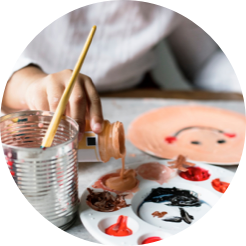
HANDICRAFT WORKSHOPS
As part of these workshops with children, we raise questions about the importance of repair-ing and restoring various everyday items and raise awareness about the possibility of reuse. These workshops result in renovated and reusable objects that serve the operation of the creative centre and the wider community.
Children can attend once a week.
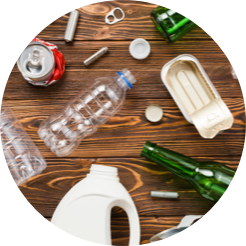
ENVIRONMENTAL PROTECTION WORKSHOPS
The focus of the environmental protection workshops is on reuse, with the aim of reducing the amount of waste produced in everyday life. That’s why, during the weekly workshops, children are taught about a sustainable way of operating and the problems of mass consumption.
During the workshops, children gain awareness of environmental issues and make objects out of waste materials.
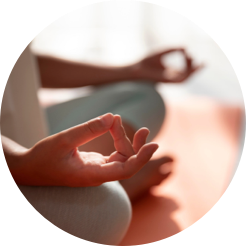
THINKING WORKSHOPS
They are intended to promote critical thinking, reasoning, and confrontation of opinions, as well as the skills of finding compromises. In these workshops, children can take part in de-bates or co-create journalistic contributions.
They take place once a week.
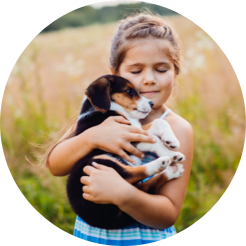
BIODIVERSITY
Through biodiversity workshops, children observe different animals, take part in thematic hikes, and go on “treasure hunts” to learn about new plants and animals in their home environment.
These workshops can be expected from spring onwards.
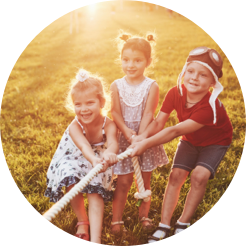
INDEPENDENT WORKSHOPS
In addition to organised workshops, the Creative Centre also offers childcare, where children can create, socialise, and explore in a free spirit. The organisation and management of these workshops can be taken over by the children themselves once a week.
The content of the activities is pre-determined and planned by the children in the group, which develops their autonomy and responsibility.
This will take place once a week.